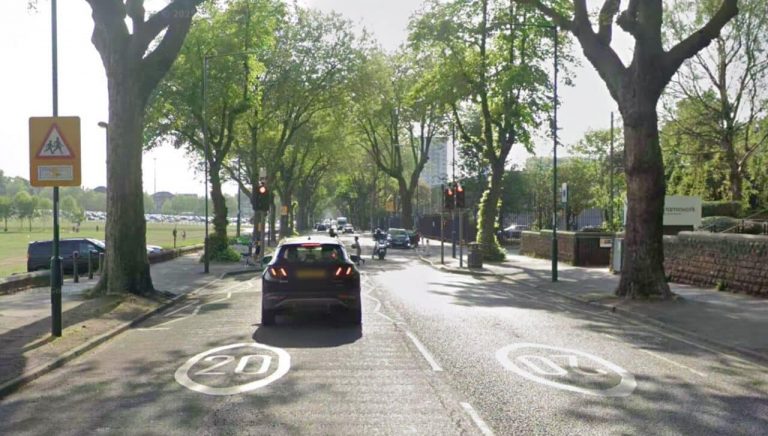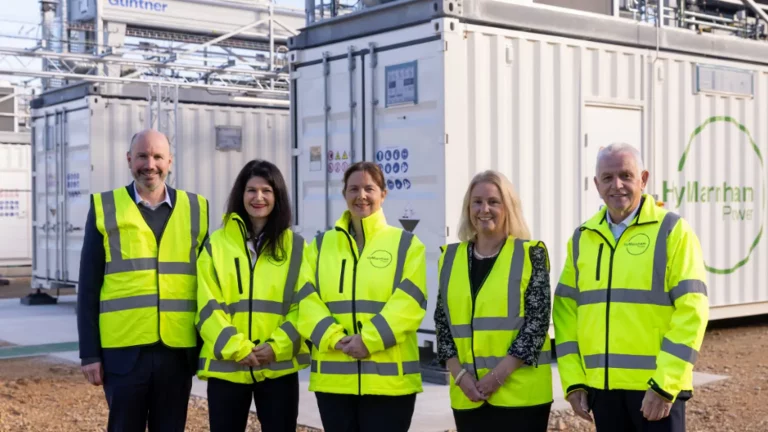The East Midlands Combined County Authority (EMCCA) has allocated more than £1.8 million to enhance walking and cycling routes in Nottingham. The investment forms part of a regional effort to improve active travel infrastructure and reduce transport emissions.
Pending approval by Nottingham City Council’s Executive Board, £1.3 million of the funding will be directed toward improvements along Gregory Boulevard between the A60 Mansfield Road and Noel Street. The works are expected to include new pedestrian crossings, upgraded cycle paths, and resurfaced routes linking key education, leisure, and transport hubs such as Nottingham Trent University, Forest Recreation Ground, and The Forest Park & Ride.
The project also aligns with a £2.6 million upgrade to The Forest Sports Zone, which was approved earlier in the year. Combined, these initiatives are designed to strengthen local connectivity, encourage low-carbon travel, and support regeneration across Nottingham’s communities.
A public consultation will precede construction, allowing residents and businesses to provide input on the final plans. Once approved, the scheme will contribute to the city’s long-term objectives for safer streets, cleaner air, and more sustainable transport options.












